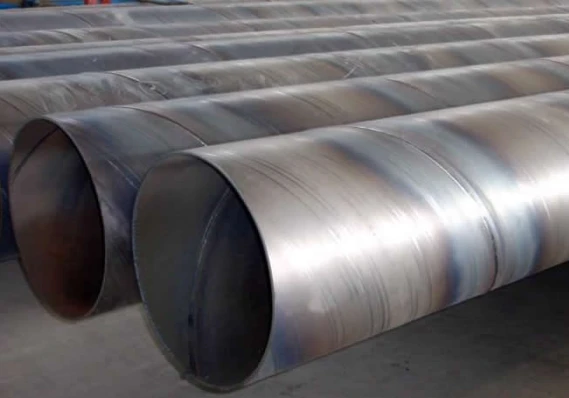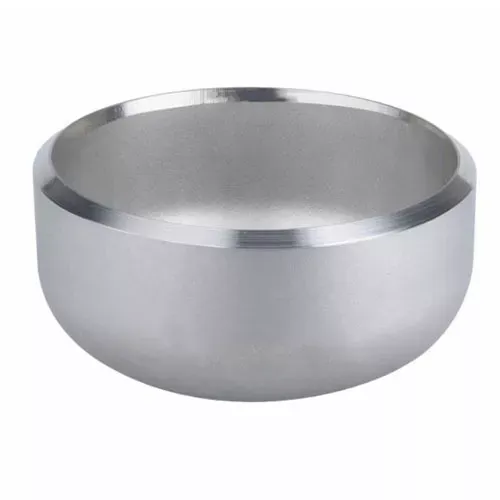-
Cangzhou Yulong Steel Co., Ltd.
-
Phone:
+86 13303177267 -
Email:
admin@ylsteelfittings.com
- English
- Arabic
- Italian
- Spanish
- Portuguese
- German
- kazakh
- Persian
- Greek
- French
- Russian
- Polish
- Thai
- Indonesian
- Vietnamese
- Zulu
- Korean
- Uzbek
- Hindi
- Serbian
- Malay
- Ukrainian
- Gujarati
- Haitian Creole
- hausa
- hawaiian
- Hebrew
- Miao
- Hungarian
- Icelandic
- igbo
- irish
- Japanese
- Javanese
- Kannada
- Khmer
- Rwandese
- Afrikaans
- Albanian
- Amharic
- Armenian
- Azerbaijani
- Basque
- Belarusian
- Bengali
- Bosnian
- Bulgarian
- Catalan
- Cebuano
- China
- China (Taiwan)
- Corsican
- Croatian
- Czech
- Danish
- Esperanto
- Estonian
- Finnish
- Frisian
- Galician
- Georgian
- Kurdish
- Kyrgyz
- Lao
- Latin
- Latvian
- Lithuanian
- Luxembourgish
- Macedonian
- Malgashi
- Malayalam
- Maltese
- Maori
- Marathi
- Mongolian
- Myanmar
- Nepali
- Norwegian
- Norwegian
- Occitan
- Pashto
- Dutch
- Punjabi
- Romanian
- Samoan
- Scottish Gaelic
- Sesotho
- Shona
- Sindhi
- Sinhala
- Slovak
- Slovenian
- Somali
- Sundanese
- Swahili
- Swedish
- Tagalog
- Tajik
- Tamil
- Tatar
- Telugu
- Turkish
- Turkmen
- Urdu
- Uighur
- Welsh
- Bantu
- Yiddish
- Yoruba

Feb . 15, 2025 14:09 Back to list
industrial types of flanges
Industrial flanges play a critical role in the seamless operation of various sectors, ensuring the secure connection of pipes, valves, pumps, and other equipment. Their importance spans across industries such as oil and gas, petrochemical, power generation, and water treatment. With an ever-increasing demand for high-performance and durable solutions, understanding the different types of industrial flanges is essential for choosing the right component for each application. This exploration into flange types will provide insights into their real-world applications, manufacturing expertise, authoritative standards, and trust in their deployment.
Socket Weld Flanges offer advantages in small diameter, high-pressure piping systems. The flange’s socket end allows the pipe to be inserted before being welded, providing a smooth bore and better flow. They are often used in chemical processing industries where strong and leak-proof connections are critical to safety and efficiency. Expertise in utilizing socket weld flanges requires attention to detail in the welding process to avoid creating crevices that could harbor corrosive substances. Threaded Flanges present an alternative joining method, as they do not require welding. Suited for applications where high temperatures or pressures are less of a concern, threaded flanges are a favorite in low-pressure and non-critical environments. Their ease of assembly and disassembly makes them ideal for on-site modifications and temporary setups. However, expertise is crucial in ensuring that the threading matches pipe specifications precisely, preventing misalignment and potential failures. Lap Joint Flanges are used in conjunction with a paired stub end. This design allows for quick assembly and alignment, often benefiting systems that require frequent disassembly. Widely used in industries where space and access to flanges are restricted, lap joint flanges offer flexibility and efficiency. Their reduction in cost for alloy materials, owing to the separate nature of the stub and backing flange, affirms their economical advantage without compromising the system’s integrity. In summary, the selection and application of industrial flanges demand both technical knowledge and real-world experience. A deep understanding of each flange type's characteristics ensures the right fit for specific industrial needs, maintaining seamless operations and minimizing downtime. Adherence to recognized standards and manufacturing excellence further solidifies their position as trusted components across various industries, underscoring the importance of informed choices backed by expert judgment and actionable insights.


Socket Weld Flanges offer advantages in small diameter, high-pressure piping systems. The flange’s socket end allows the pipe to be inserted before being welded, providing a smooth bore and better flow. They are often used in chemical processing industries where strong and leak-proof connections are critical to safety and efficiency. Expertise in utilizing socket weld flanges requires attention to detail in the welding process to avoid creating crevices that could harbor corrosive substances. Threaded Flanges present an alternative joining method, as they do not require welding. Suited for applications where high temperatures or pressures are less of a concern, threaded flanges are a favorite in low-pressure and non-critical environments. Their ease of assembly and disassembly makes them ideal for on-site modifications and temporary setups. However, expertise is crucial in ensuring that the threading matches pipe specifications precisely, preventing misalignment and potential failures. Lap Joint Flanges are used in conjunction with a paired stub end. This design allows for quick assembly and alignment, often benefiting systems that require frequent disassembly. Widely used in industries where space and access to flanges are restricted, lap joint flanges offer flexibility and efficiency. Their reduction in cost for alloy materials, owing to the separate nature of the stub and backing flange, affirms their economical advantage without compromising the system’s integrity. In summary, the selection and application of industrial flanges demand both technical knowledge and real-world experience. A deep understanding of each flange type's characteristics ensures the right fit for specific industrial needs, maintaining seamless operations and minimizing downtime. Adherence to recognized standards and manufacturing excellence further solidifies their position as trusted components across various industries, underscoring the importance of informed choices backed by expert judgment and actionable insights.
Next:
Latest news
-
ANSI 150P SS304 SO FLANGE
NewsFeb.14,2025
-
ASTM A333GR6 STEEL PIPE
NewsJan.20,2025
-
ANSI B16.5 WELDING NECK FLANGE
NewsJan.15,2026
-
ANSI B16.5 SLIP-ON FLANGE
NewsApr.19,2024
-
SABS 1123 FLANGE
NewsJan.15,2025
-
DIN86044 PLATE FLANGE
NewsApr.19,2024
-
DIN2527 BLIND FLANGE
NewsApr.12,2024
-
JIS B2311 Butt-Welding Fittings LR/SR 45°/90° /180°Seamless/Weld
NewsApr.23,2024











